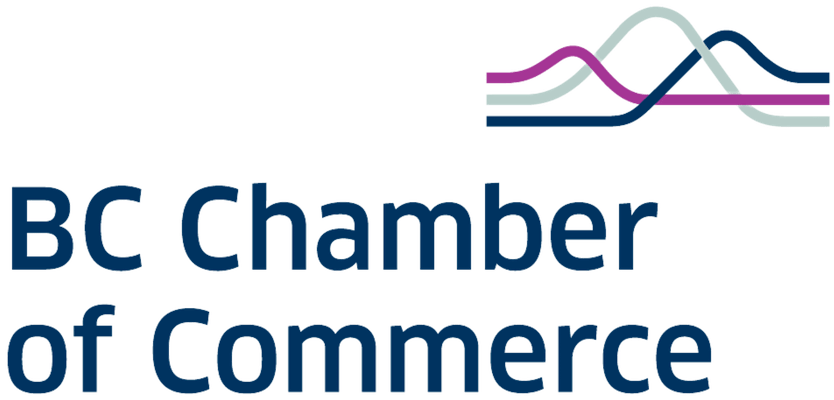ENHANCING TRANSPARENCY AND FAIRNESS IN FEDERAL PROCUREMENT PRACTICES (2025)
Issue
The Office of the Procurement Ombud (OPO) has a mission to promote fairness, openness and transparency in federal procurement. In their most recent annual report, the OPO outlined multiple concerns with government procurement processes in Canada, such as overly complex processes, restrictive evaluation criteria, and a lack of transparency, debriefs and documentation. These issues hinder the competitiveness of the procurement process, create barriers for businesses, particularly small and medium-sized enterprises (SMEs), and reduce public trust in how taxpayer dollars are spent. Addressing these challenges is essential to ensure a fair, efficient, and transparent procurement process that supports a diverse range of suppliers.
Background
Federal procurement represents a significant opportunity for businesses across Canada, involving billions of dollars in contracts annually. However, the process has faced long-standing criticisms, including complex processes, restrictive criteria, and a lack of transparency in contract awards. In 2023-2024, the OPO reviewed 582 cases – an increase of nearly 23% from the previous year. Procurement issues result in reduced competition, which can limit opportunities for innovative solutions and cost savings that a competitive market typically offers. To address these concerns, it is important to delve into the specific challenges businesses face when engaging with federal procurement processes.
One of the key concerns of businesses engaging in federal procurement is the transparency around how decisions are made. When evaluation criteria are unclear or overly restrictive, or when documentation of decisions is inadequate, it creates uncertainty for businesses. This lack of transparency can deter potential suppliers, especially SMEs, from participating in federal bids, fearing that their efforts may be wasted. In addition to transparency, the complexity of the procurement process poses another significant challenge for businesses.
The complexity of federal procurement is a significant barrier for many businesses, especially those with limited resources to navigate bureaucratic processes. Simplifying procurement procedures would reduce administrative burdens on businesses and ensure that a wider range of suppliers can compete for contracts. This would be especially beneficial for small businesses that bring unique innovations to the market but may lack the resources to engage in lengthy bidding processes. Addressing these structural challenges can also be supported through targeted programs that foster accountability and performance.
The OPO recommends establishing a Government-Wide Vendor Performance Management Program to improve procurement outcomes. By tracking supplier performance across federal departments and using this information in the award of future contracts, the government would incentivize high-quality work and accountability among suppliers. For businesses, this would create a trusted system, encouraging a focus on quality and reliability. Yet, for such programs to be effective, there must be leadership that can oversee and standardize the processes.
The creation of a Federal Chief Procurement Officer would bring centralized oversight and consistency to procurement practices across departments. This role could standardize procurement rules, reduce discrepancies, and ensure that policies are consistently applied, which would make the process more predictable and accessible for businesses. Additionally, this leadership could drive professionalization and capacity-building initiatives within the procurement sector, ensuring that both government buyers and suppliers have the skills and knowledge needed for effective contracting. The OBO also notes the need for a fairer procurement system that provides more opportunities for diverse businesses, including Indigenous and minority-owned businesses, as essential for promoting economic equity. A Chief Procurement Officer could assist in addressing restrictive practices and enhance recourse mechanisms to create a more inclusive process that benefits all suppliers. This not only aligns with the broader goals of economic reconciliation but also ensures that the federal government has access to a wider range of perspectives and solutions.
Streamlined procedures and enhanced transparency would reduce barriers for businesses of all sizes and backgrounds, leading to a more inclusive market. It is recommended that there be an establishment of clear performance management systems and the appointment of leadership to oversee procurement policies, as well as stronger regulatory frameworks to improve accountability and transparency.
THE CHAMBER RECOMMENDS
That the Federal Government:
- Implement a Vendor Performance Management Program to track supplier performance, improve accountability, and ensure contracts are awarded based on quality, reliability, and cost effectiveness.
- Establish the role of a Federal Chief Procurement Officer to centralize oversight, standardize procurement practices, simplify procedures, and lead professionalization efforts within federal procurement.
